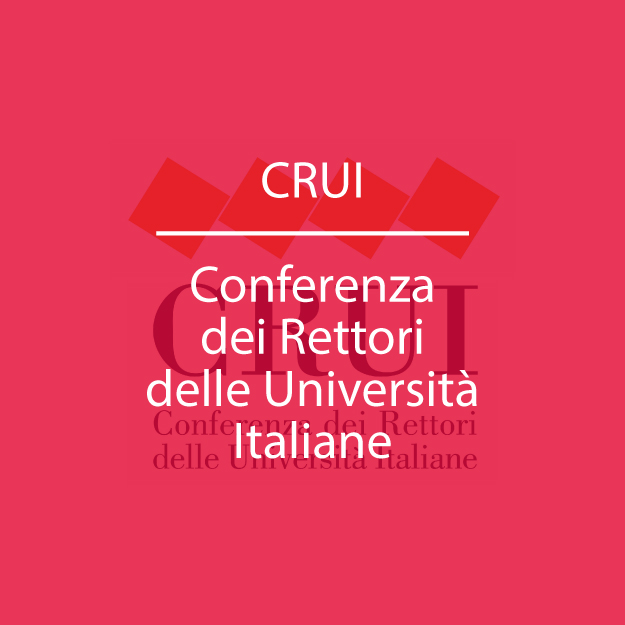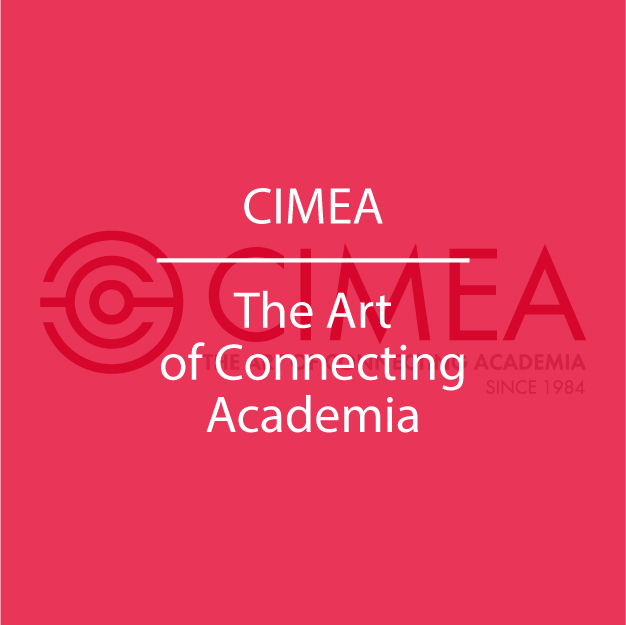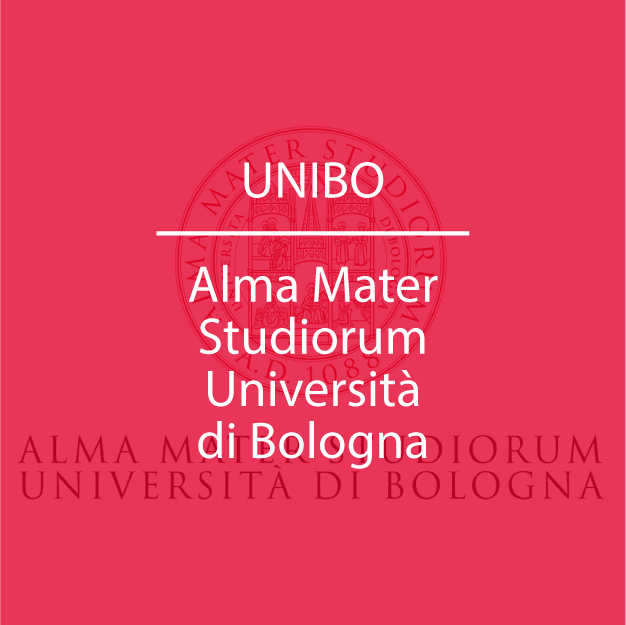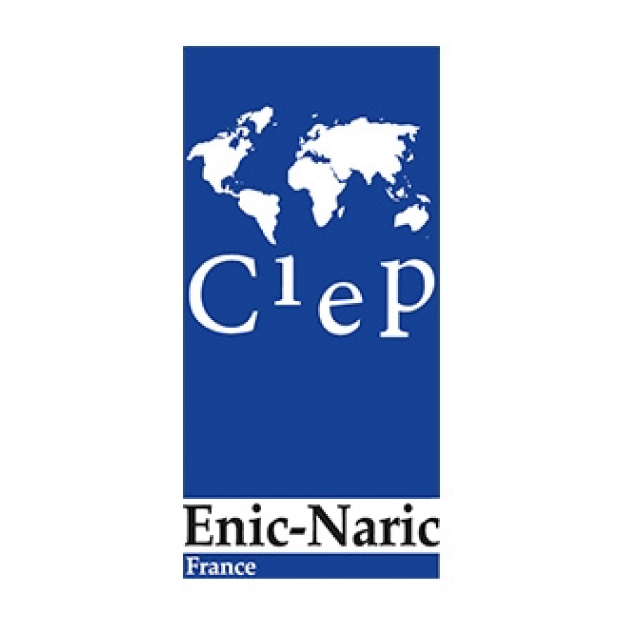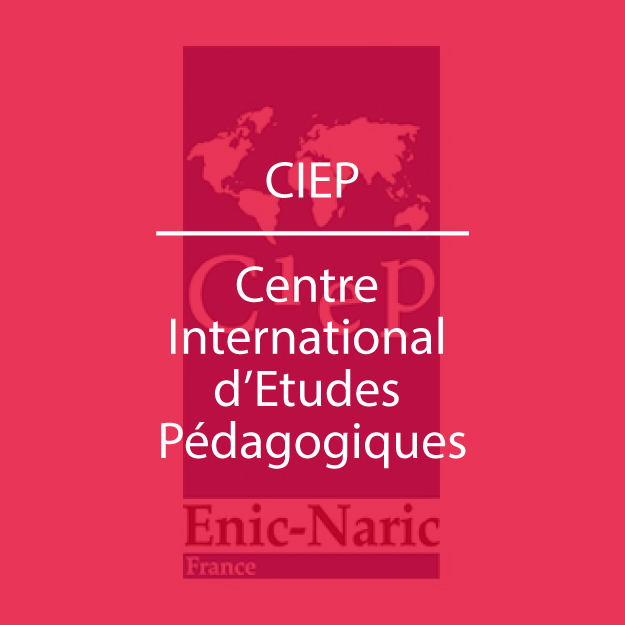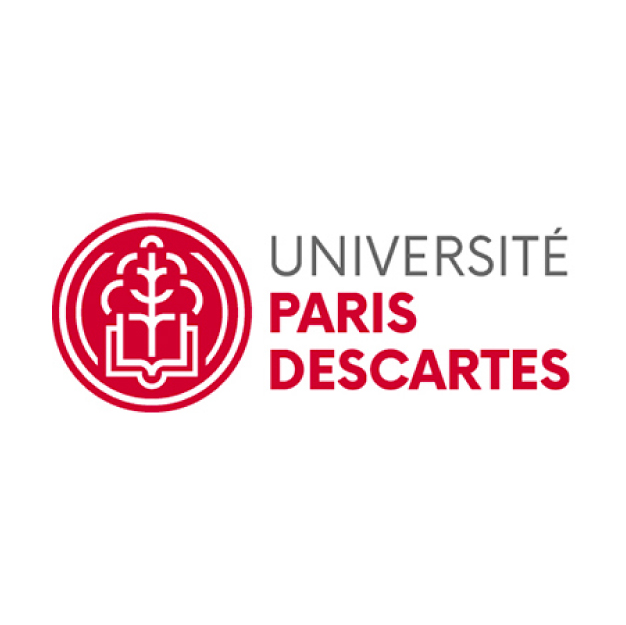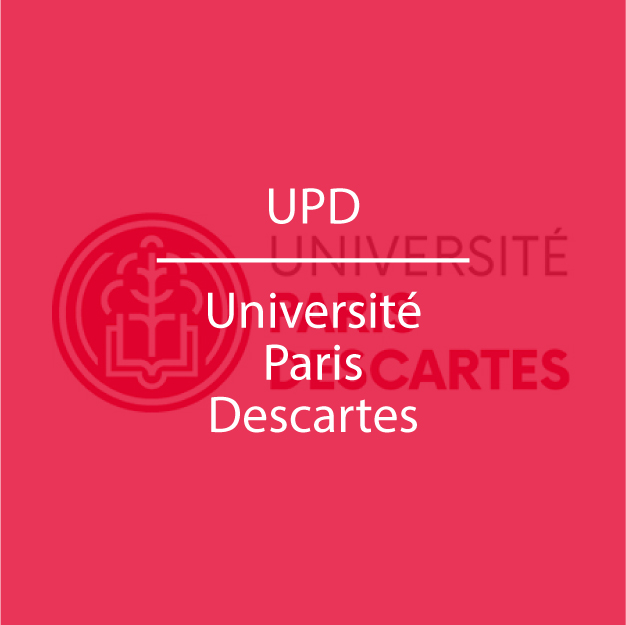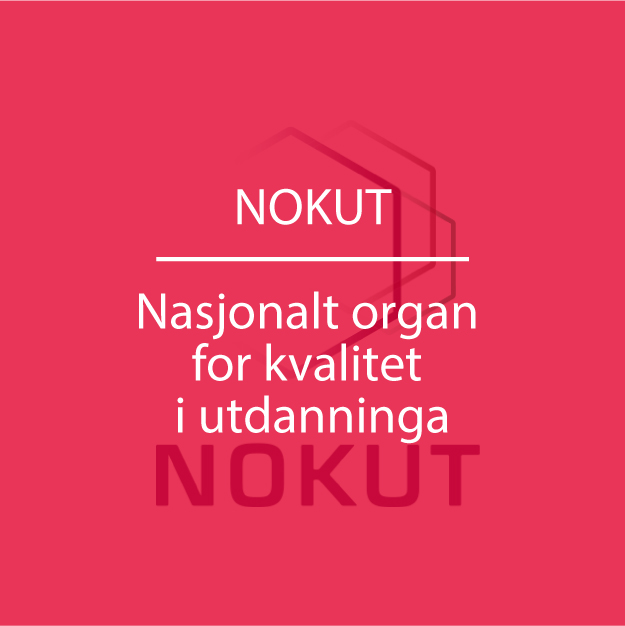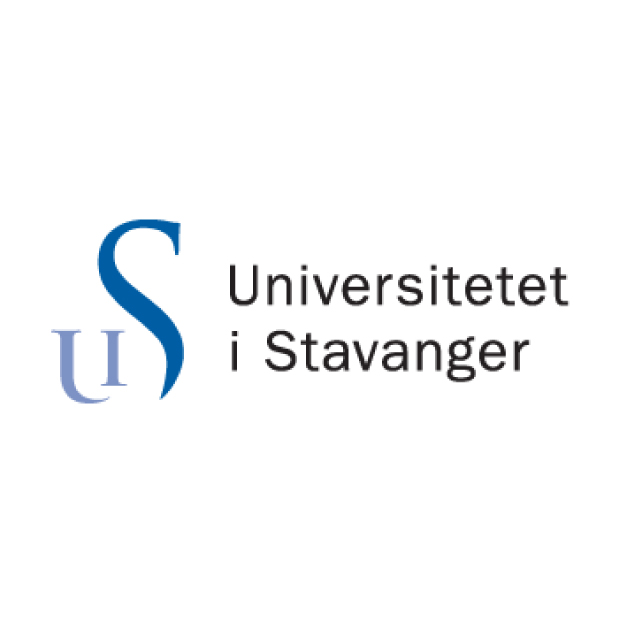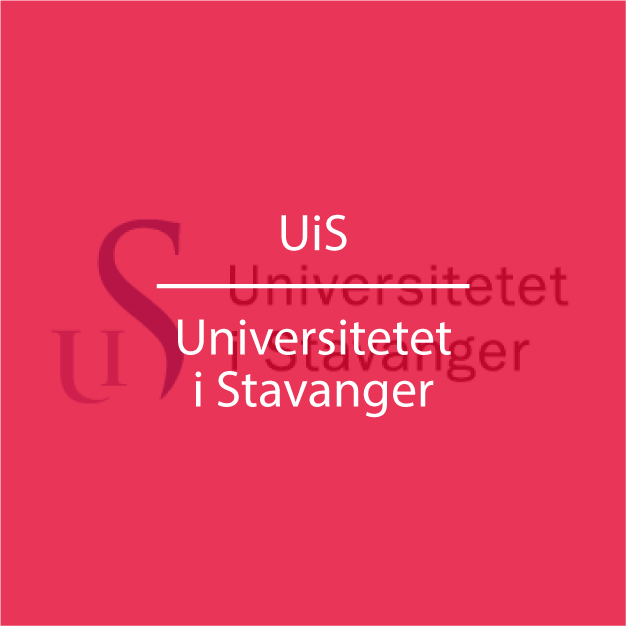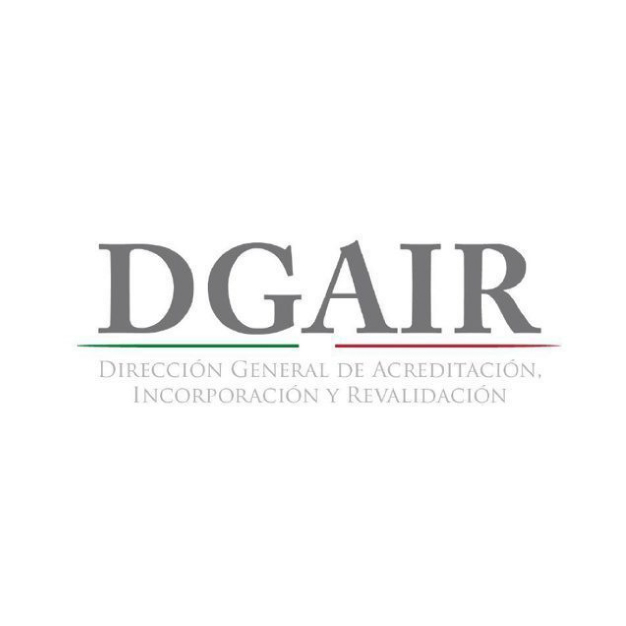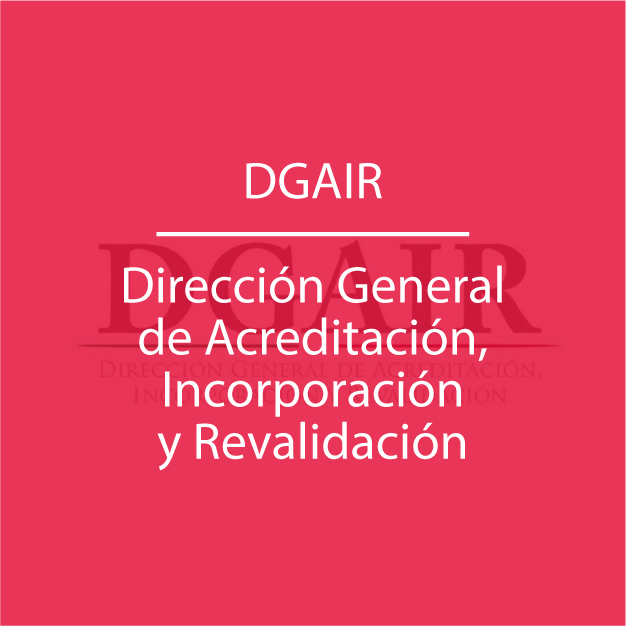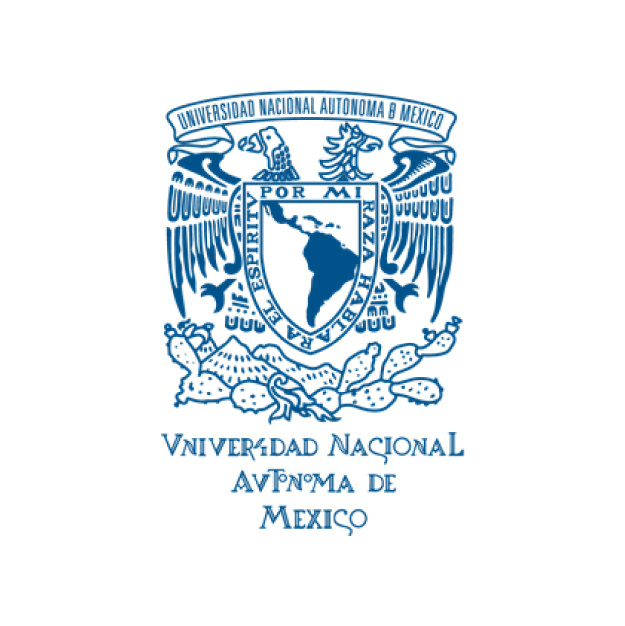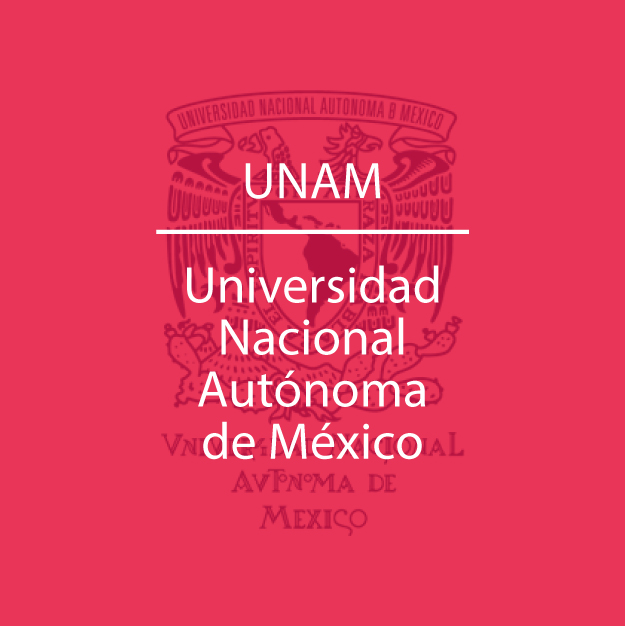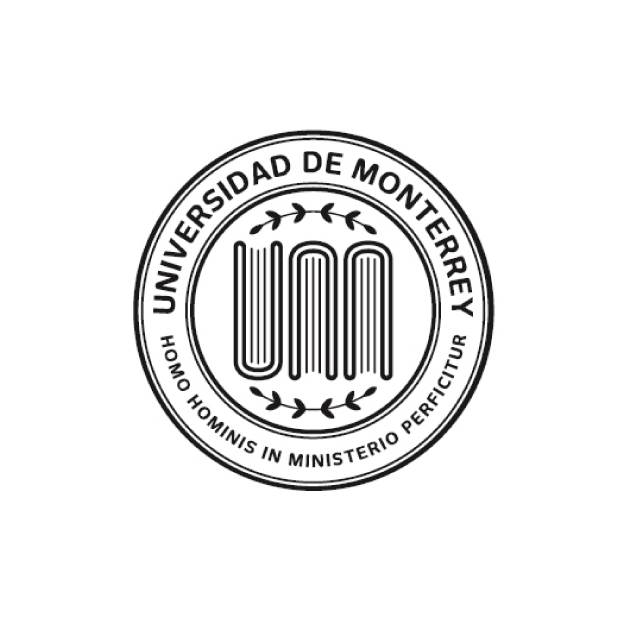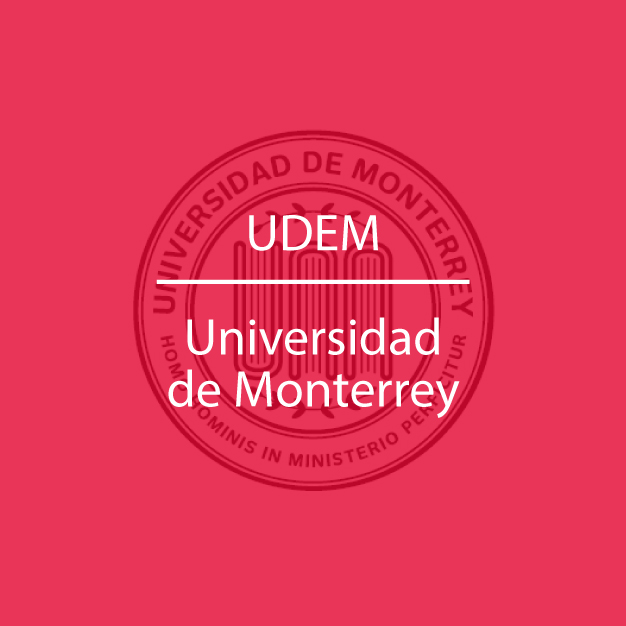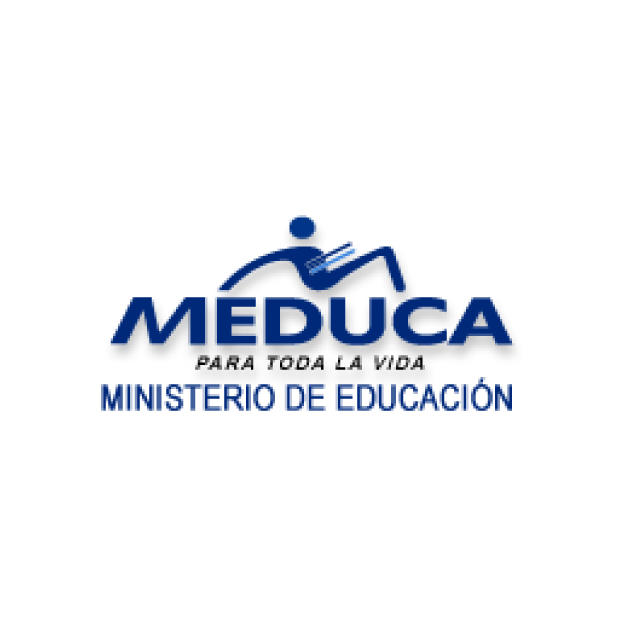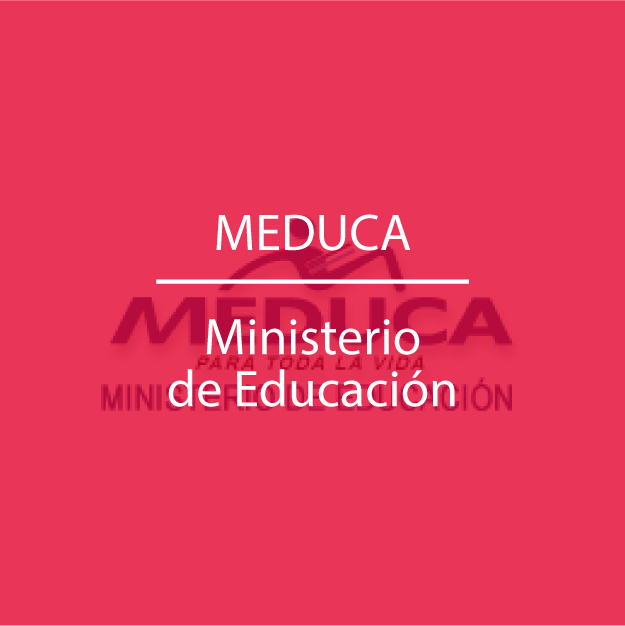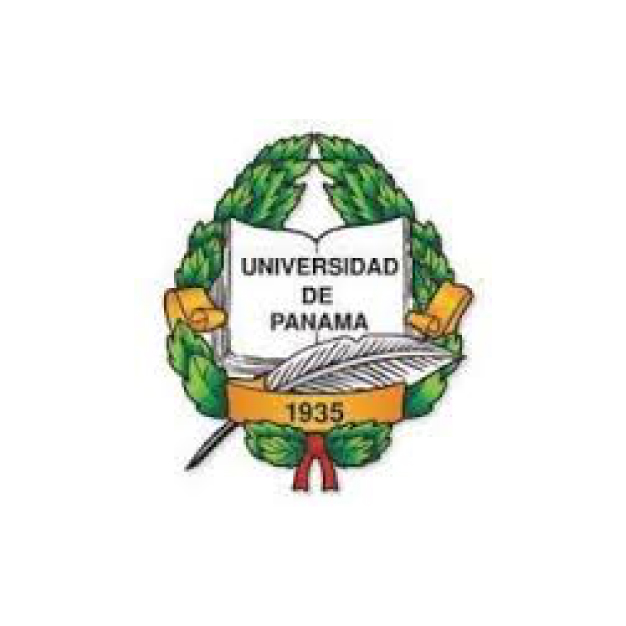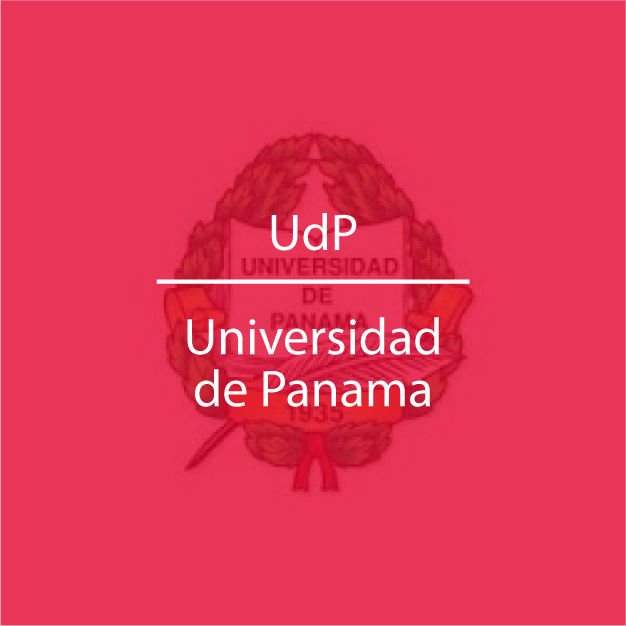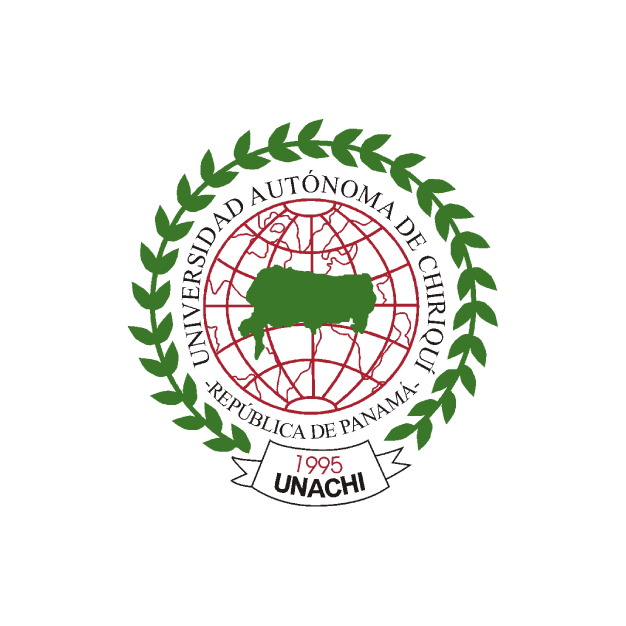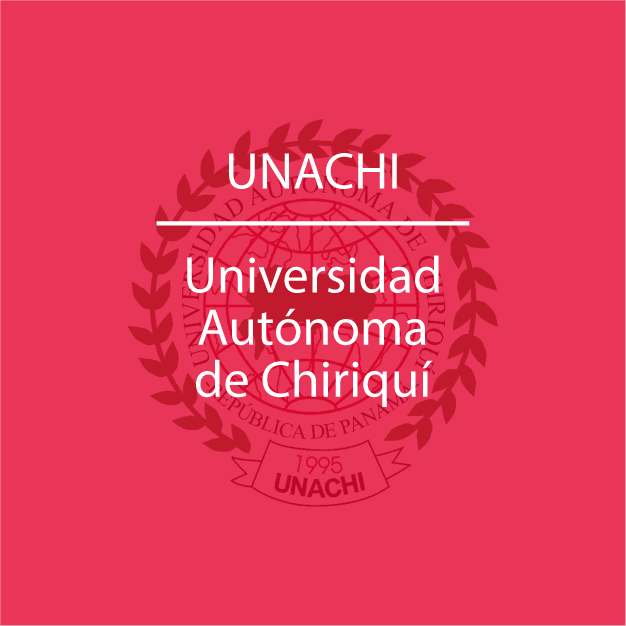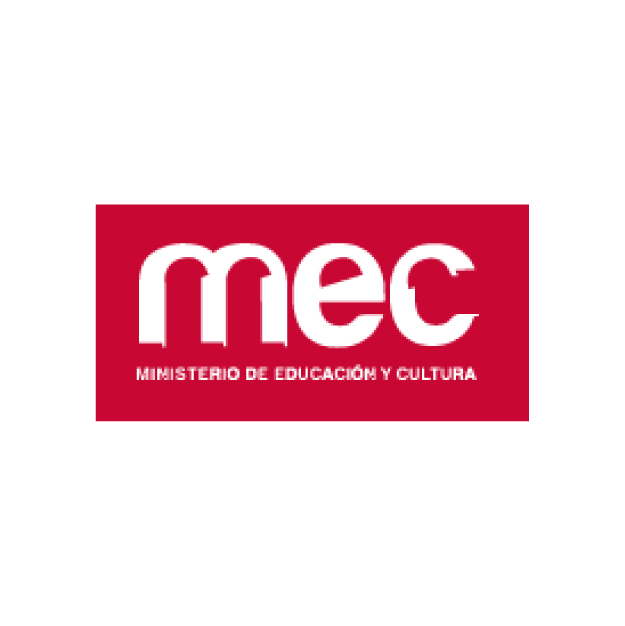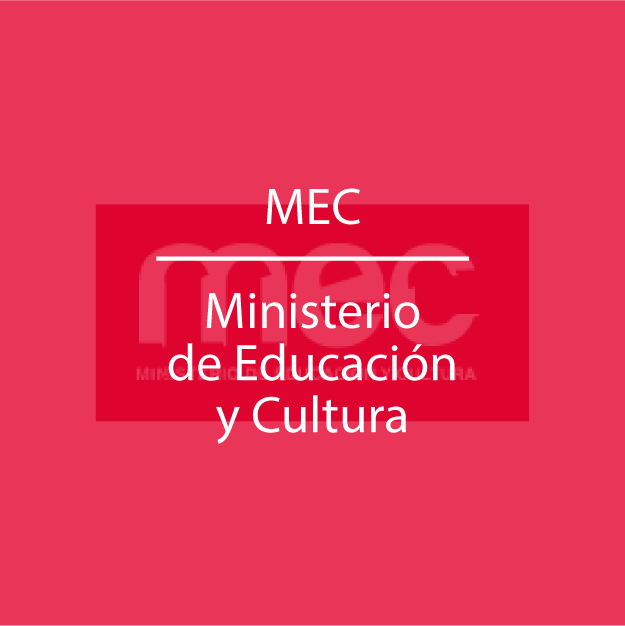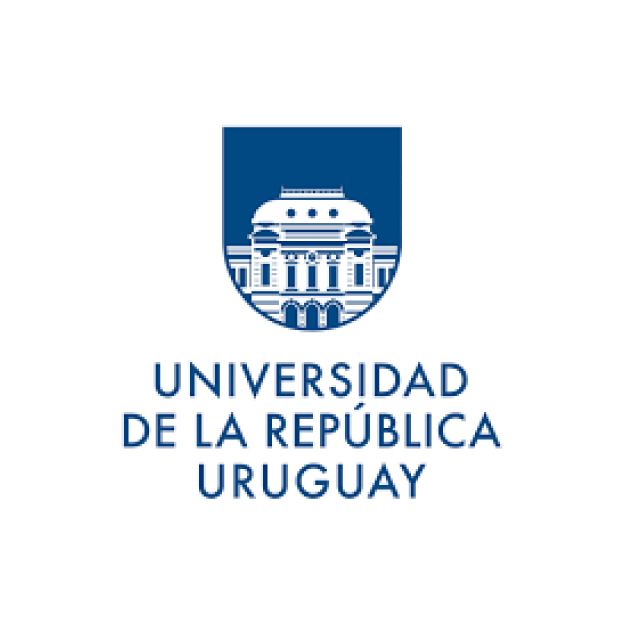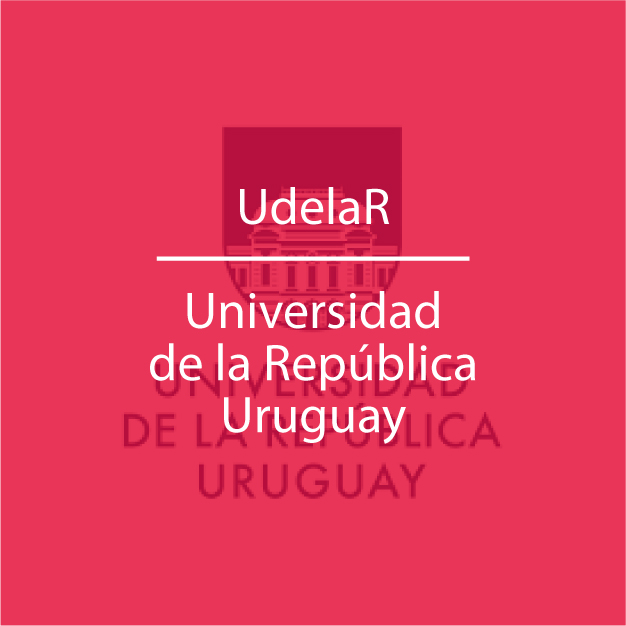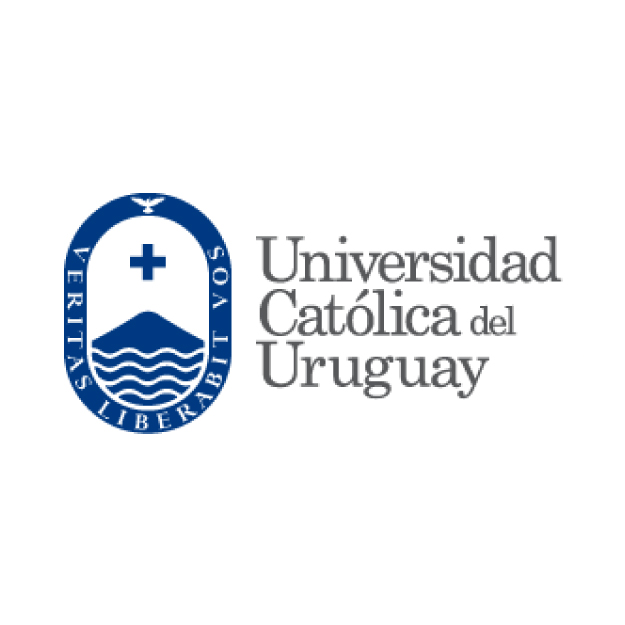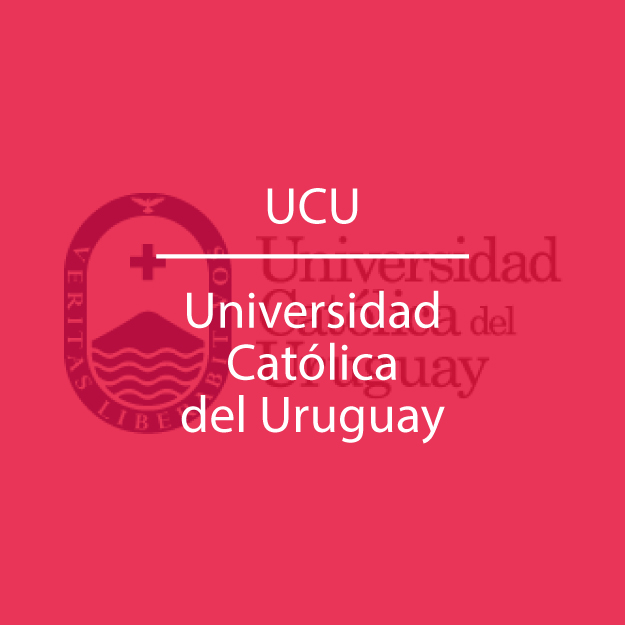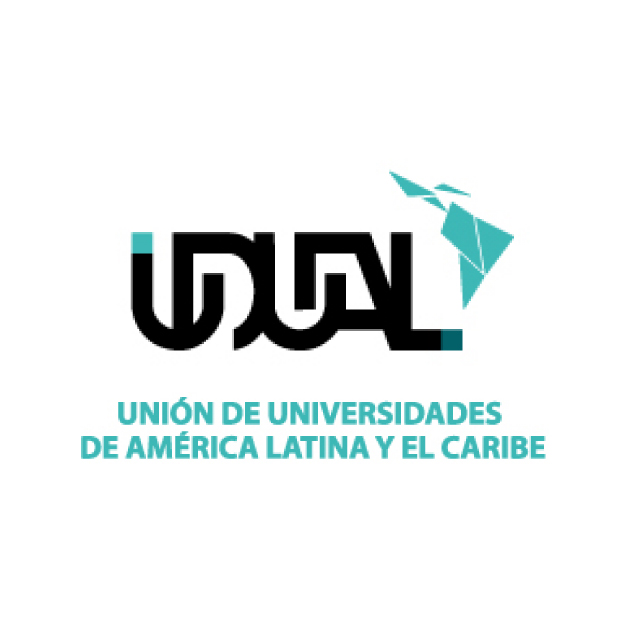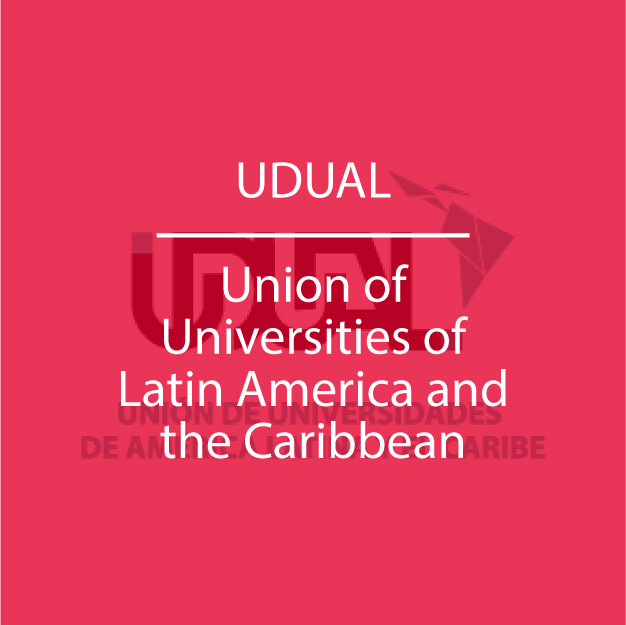RecoLATIN – Credential Evaluation Centres and Recognition Procedures in Latin American Countries
The RecoLATIN project aims at favouring and increasing the quality of vertical and horizontal mobility within the Latin American and European higher education systems by increasing the recognition of qualifications within the Latin American and European Region.
The project partners intend to improve their competences and skills as credential evaluators defining common practices and creating common tools among the participating European and Latin American countries, National Bodies and Higher Education Institutions. Based on the experiences within the Bologna Process, the experience of the participating Higher Education Institutions and practices adopted by the ENIC-NARIC networks this project should strengthen and increase the collaboration of both regions.
In addition to facilitating mutual trust and understanding, the RecoLATIN project allows the sharing of relevant information on educational systems of both regions. Activities such as the analysis of the practices applied in each country, the analysis of the mobility flows among both regions, and training on recognition practices grant better understanding of the needs of each participating country.
A specific focus will be put on controversial recognition cases and sectors such as transnational education (TNE) and international institutions, distant learning qualifications and non-traditional education.





